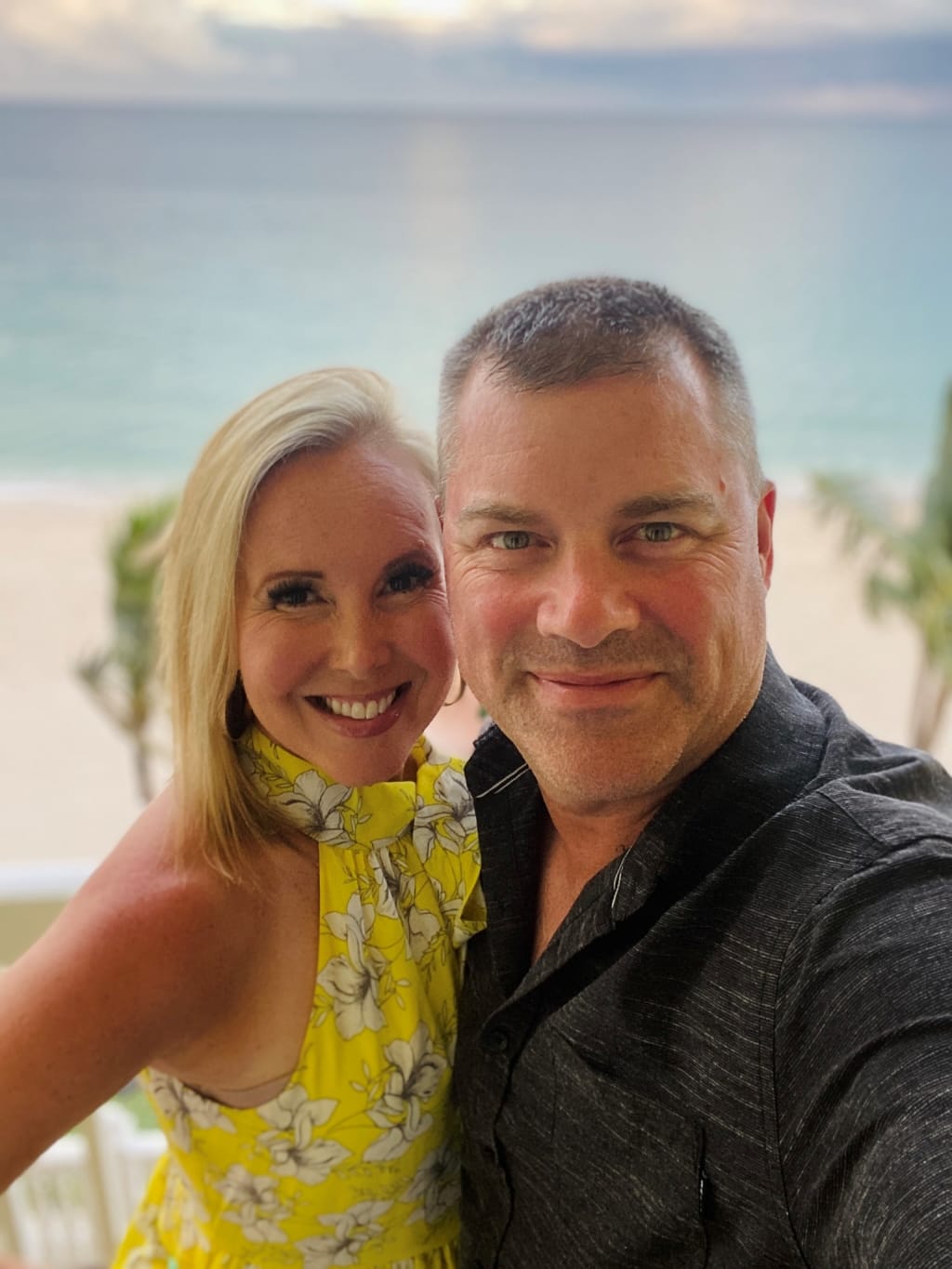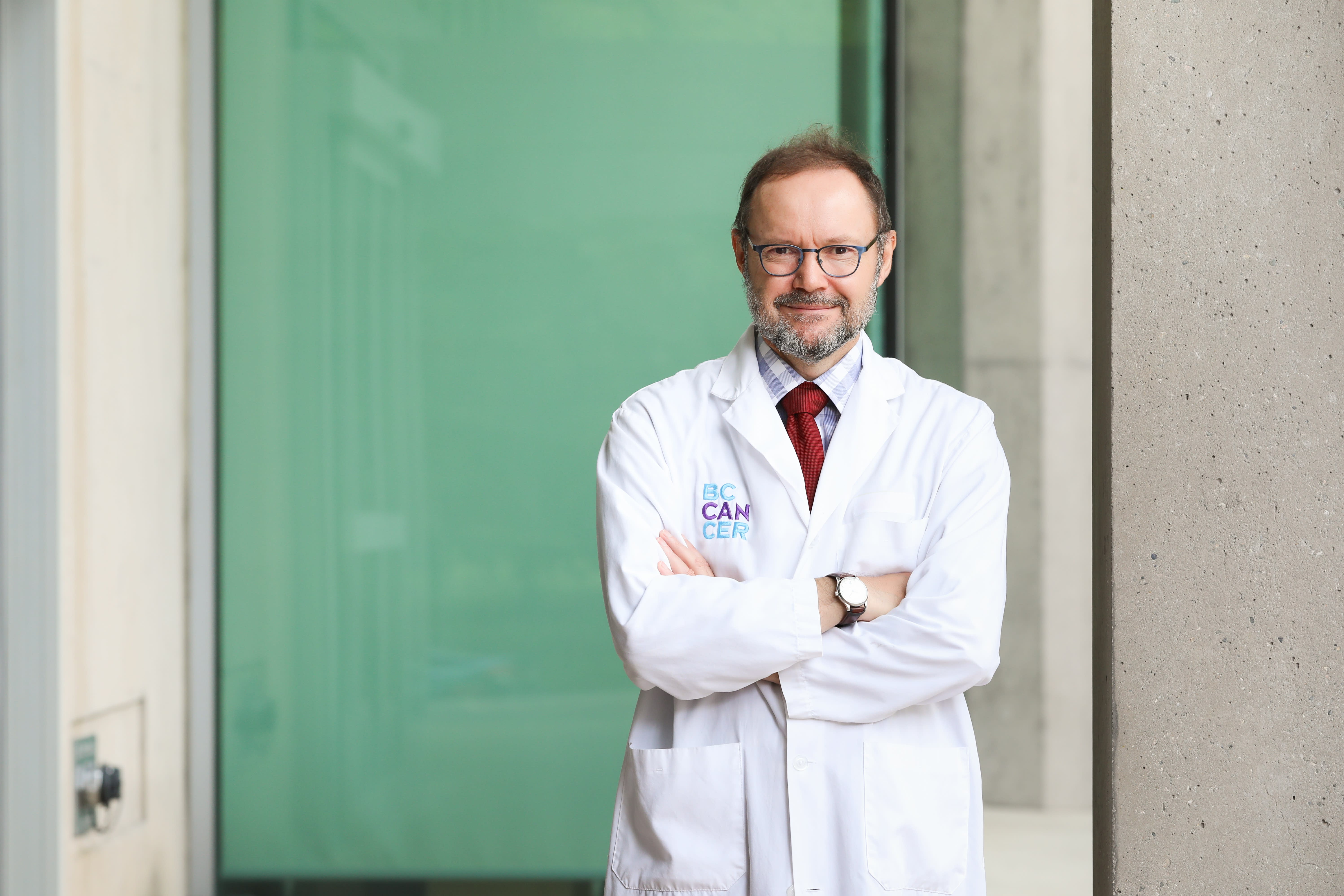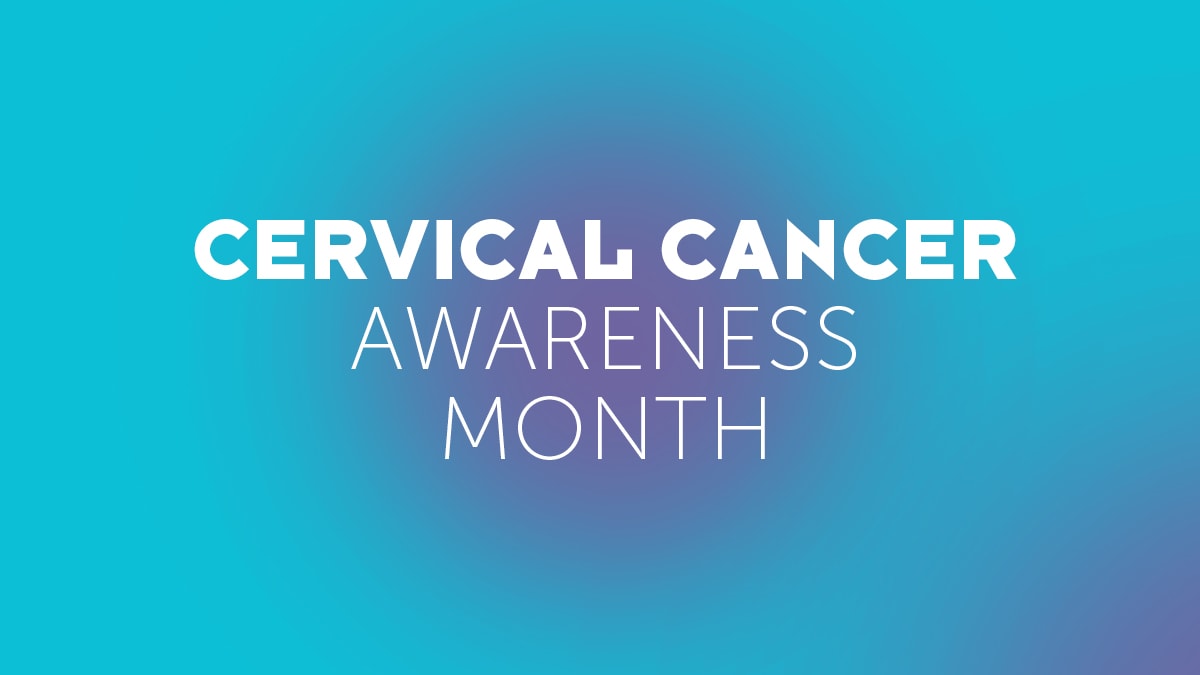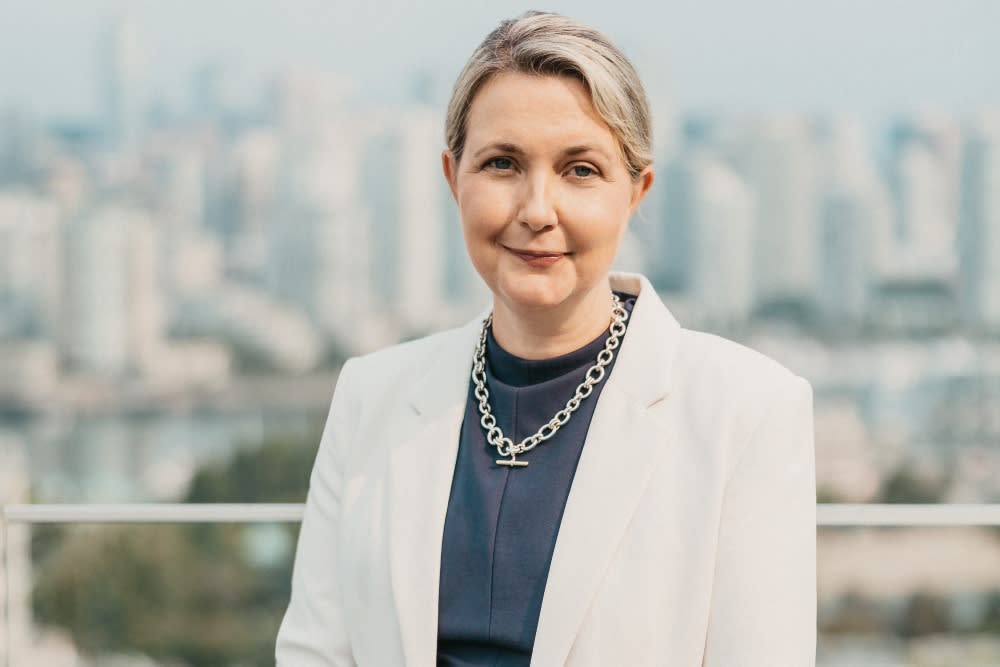Depression and anxiety are common in cancer patients — and while lifesaving, chemotherapy and other drug therapies can initiate psychiatric side effects such as extreme anger and irritability. BC Cancer patients share how they prioritized their mental health, and some helpful advice on how to reduce stress and anxiety while facing cancer.

1. Seek out supportive care
For brain cancer survivor Joanne Falvai, a drug intended to reduce swelling in her brain resulted in agitation and insomnia. “I would go to bed at 10 p.m. and wake up at 1:30 a.m. I couldn’t sleep. It was clear I was not myself.”
Joanne was referred to a psychiatrist, who she says, “helped me get back on track.” In addition to psychiatry, BC Cancer offers patient and family counselling, art therapy, relaxation sessions and other supportive care services to help ease the side effects of cancer.

2. Find your happy place
Adrienne Peralta was shocked to find out she had lung cancer a week before her 40th birthday.
Currently on a drug that was still in clinical trial when she was first diagnosed, she’s doing well — but her next CT scan, which she has every three months, is never far from her mind.
A trip to Southeast Asia, where she grew up, helped give Adrienne something positive to look forward to. “It’s still home,” she says. “All the troubles, the tests and the scanxiety just vanish when I go back to the Philippines. It’s so relaxing.”

3. Get outside
Qualicum Beach photographer Adele Cave discovered a healing space can be found in nearby nature, including in your own backyard. She found peace in Victoria’s rose gardens during her treatments for colon cancer. So much so, that she planted a garden of her own at home.
While Adele credits the treatment for saving her life, it was her roses that helped her feel whole again. “When you’re facing cancer, you crave life, vibrancy, new growth and things that are coming alive. I found that in a garden.”

4. Stay active and exercise
“I remember going to chemo and being so angry — I didn’t want to even walk in the door,” says Margot Sentes. She turned her resentment to enter the BC Cancer – Kelowna building into her literally running to her appointments by incorporating exercise. “I live half a block away, so I used it as an opportunity to blow of some steam.”
The light jogs helped Margot stay positive and even put a smile on her nurses’ faces. “They used to tease me, saying, ‘We’ve never had anyone run to get radiation before.’”

5. Take it one day at a time
Mountaineer Heather Geluk is used to setting her sights on a lofty summit, including some of the highest peaks in the world, but while facing Stage 3 cervical cancer she decided to focus on the journey not the destination.
Instead of staring down months of overwhelming treatment, she remembered to reach the top — or the “all clear,” which she received six months after her diagnosis — she needed to tackle the climb “one step, one hour, one moment and one glimmer of hope at a time.”

6. Listen to your body
Heather also advises tuning into what you need in the moment. “In high altitude mountaineering you get progressively weaker as you climb due to the effects of the thin air. You’re extremely aware of how your body is responding and you listen to it.”
“Going through treatment is the same. You learn to be gentle with yourself.”
“Sleep when you need to sleep. Eat when you need to eat. And ask for help.”

7. Share your story
When Chris Ho faced testicular cancer, one of his biggest challenges was his mental health. He tried everything: “I was even hypnotized twice.” Though initially embarrassed, what finally set him on a positive path, and helped him find his life’s purpose, was sharing his story.
Now, an inspirational speaker, he helps others embrace their vulnerability during cancer. “It’s an honour to shape a new way forward — in the workplace, at home and in how people look at their physical and mental health.”

8. Advocate to help others
Former Mountie and three-time cancer survivor Don Helgeson proudly walks around his hometown of Nanaimo wearing a t-shirt asking, “What’s your PSA?”
If anyone asks, he’s happy to inform them that a prostate-specific antigen (PSA) test, is simple blood test that screens for prostate cancer.
Don regrets not getting tested for prostate cancer earlier — either through a digital rectum exam, which unfortunately he turned down during his routine physicals with the RCMP, or a PSA test — and he doesn’t want anyone else to make that same mistake.
Raising awareness about a disease that is easily detected, and highly treatable if caught early, has become a mission and a mental health balm for him.
“In the chaos and unknown of what I’m dealing with, it’s a great distraction to help others,” he says.

9. Practice gratitude by giving back
Jackie Ellis’ life changed in 2010 when she was diagnosed with lymphoma. Grateful for the life-saving care she received at BC Cancer, she’s participated in the Tour de Cure since 2012. After facing melanoma in 2022 and 2024, leaving a gift to the BC Cancer Foundation in her will has given her added peace of mind. “I want to know my goal to love and advocate for those who may one day hear, ‘You have cancer,’ will continue.”

10. Find a community
Tongue cancer survivor Rosalyn Salanguit says a cancer diagnosis can feel like you’ve been involuntarily signed up for a club that nobody wants to join. “But the people in the club are the most empathetic and compassionate you will ever meet,” she promises.
Rosalyn was in her 30s when she underwent surgery to remove half her tongue, radiation and chemotherapy.
Warned she might not speak or eat without a feeding tube again, she questioned her ability to endure it all. In addition to her family, a peer-to-peer support group made up of young people diagnosed with tongue cancer helped her find the strength to overcome the challenges and embrace her scars.
“If you don’t have the right people in your life, seek them out. Support groups, Facebook groups — they are out there and once you find them you will discover you are not alone.”


